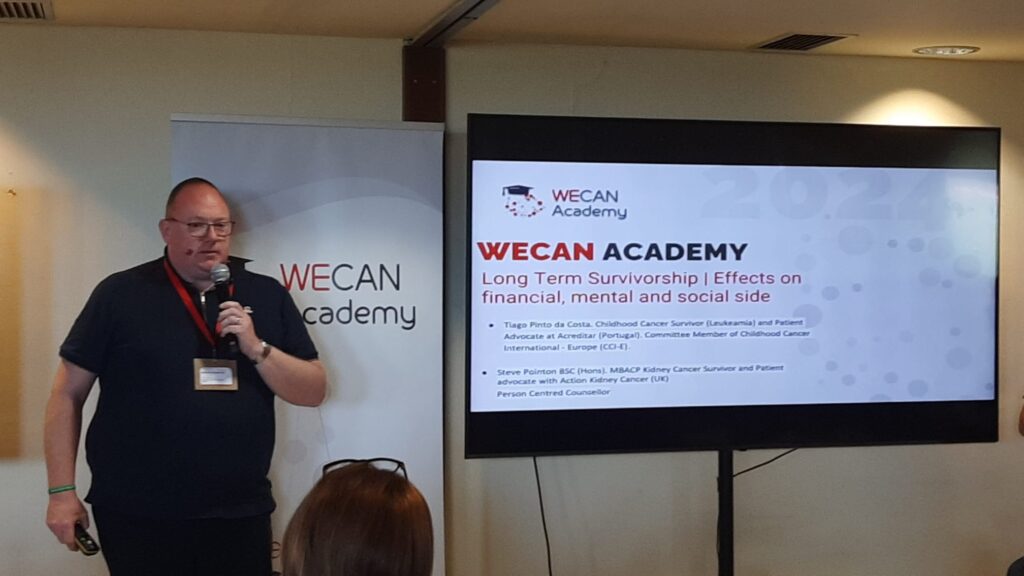Share this Page:
The treatment of heavily pretreated patients with metastatic kidney cancer is an unmet medical need and is challenging.
This study looked at the effectiveness and safety of the lenvatinib plus everolimus combination for the treatment of metastatic kidney cancer patients who had previously been treated for their kidney cancer with one or more anti-cancer medicines.
The study looked at real world data from patients who received the lenvatinib plus everolimus combination as a second treatment or beyond.
In total, 33 patients from Italy were assessed. Six in 10 patients had been treated with three or more anti-cancer medicines and 9 in 10 patients had intermediate or poor risk disease.
Four in 10 in patients responded to treatment and their cancer got smaller. There were no complete responses and nearly 2 in 10 patients had stable disease. The average overall survival time was was just over 11 months and the average time to when the treatment stopped working and the cancer started growing again (progression-free survival) was nearly 7 months.
Patients who had spread of their cancer to the lymph nodes had a shorter overall survival time, while patients who had spread of their cancer to their lungs or brain had shorter progression-free survival.
The most frequent mild side effect was diarrhoea (about a quarter of patients), the most frequent moderate side effect was extreme tiredness (fatigue) (nearly a third of patients), and the most frequent severe side effects were high blood pressure and skin problems (6 in 100 patients).
This study suggests that the lenvatinib plus everolimus combination is effective in heavily pre-treated patients with metastatic kidney cancer and is safe for these patients.













